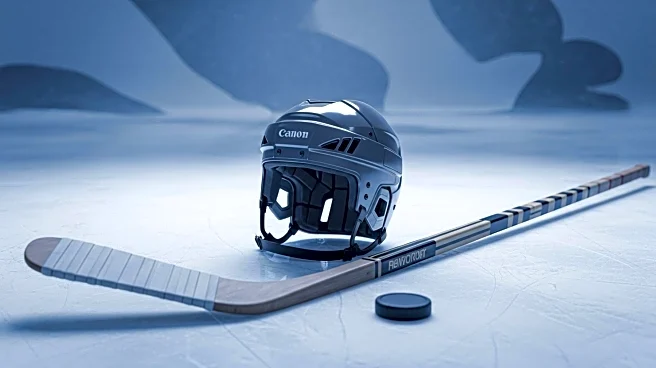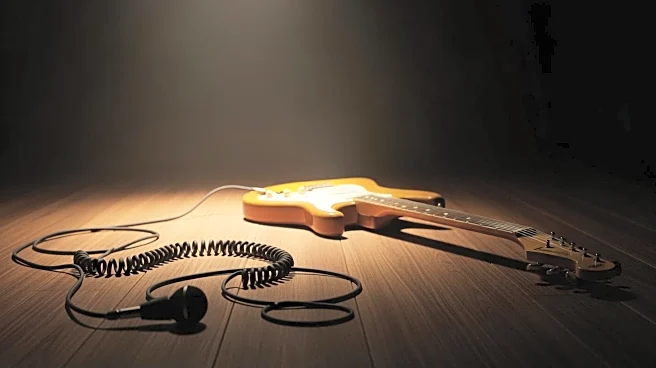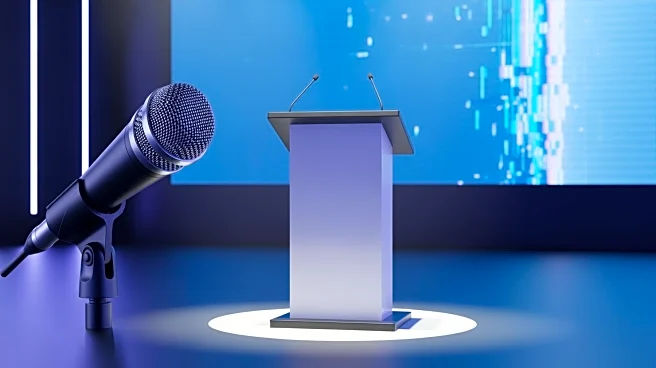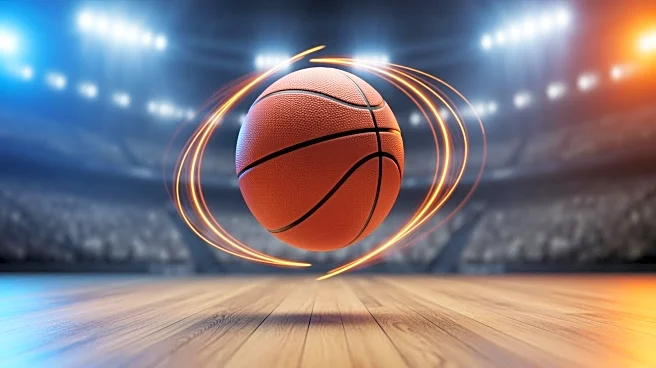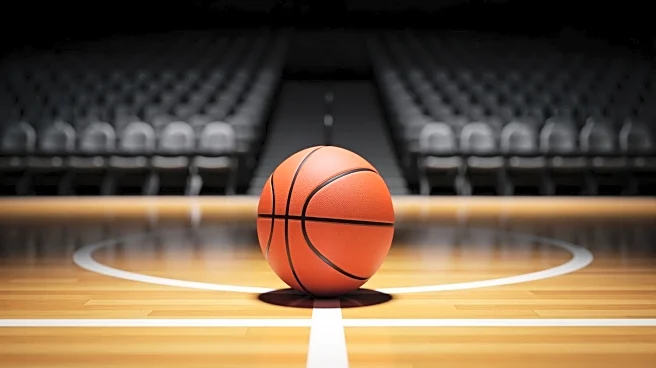What is the story about?
What's Happening?
Kirill Kaprizov has signed the largest contract in NHL history with the Minnesota Wild, an eight-year deal worth $136 million. This development is seen as part of the 'player empowerment era', where athletes assert their worth and influence contract negotiations. Historically, player empowerment in the NHL is not new, with examples like Eric Lindros refusing to play for the Quebec Nordiques and the 2004-2005 NHL lockout, which resulted in players gaining a significant share of hockey-related revenue. The World Hockey Association also played a role in empowering players by offering large contracts, challenging the NHL's reserve clause. The current landscape, with rising salary caps and increased media attention, highlights the ongoing evolution of player power in professional sports.
Why It's Important?
The concept of player empowerment in the NHL reflects broader trends in professional sports where athletes leverage their influence to negotiate favorable terms. This shift impacts team dynamics, financial strategies, and league operations, as players demand recognition of their value. The historical context of player empowerment underscores its significance in shaping labor relations and contract negotiations. As athletes continue to assert their rights, the balance of power between players and team owners evolves, potentially leading to more equitable agreements and improved working conditions. This trend also influences fan engagement and the business aspects of sports, as teams navigate the complexities of maintaining competitive rosters while honoring player demands.
What's Next?
With the salary cap expected to rise, more NHL players may seek lucrative contracts, further solidifying the era of player empowerment. Teams will need to adapt their financial strategies to accommodate these demands while remaining competitive. The relationship between the NHL and the NHLPA, currently strong, may face new challenges as players continue to assert their influence. Future negotiations could focus on revenue sharing, contract terms, and player rights, potentially reshaping the league's economic landscape. As stars like Connor McDavid approach contract renewals, the dynamics of player empowerment will likely remain a central theme in NHL discussions.
Beyond the Headlines
The player empowerment era in the NHL also raises questions about the ethical and cultural dimensions of sports management. As players gain more control over their careers, issues of fairness, representation, and diversity may come to the forefront. The historical examples of player empowerment highlight the ongoing struggle for athletes to achieve equitable treatment and recognition. This movement may inspire broader discussions about the role of sports in society and the responsibilities of leagues to support their players' rights and well-being. The evolving landscape of player empowerment could lead to long-term shifts in how professional sports are organized and perceived.
